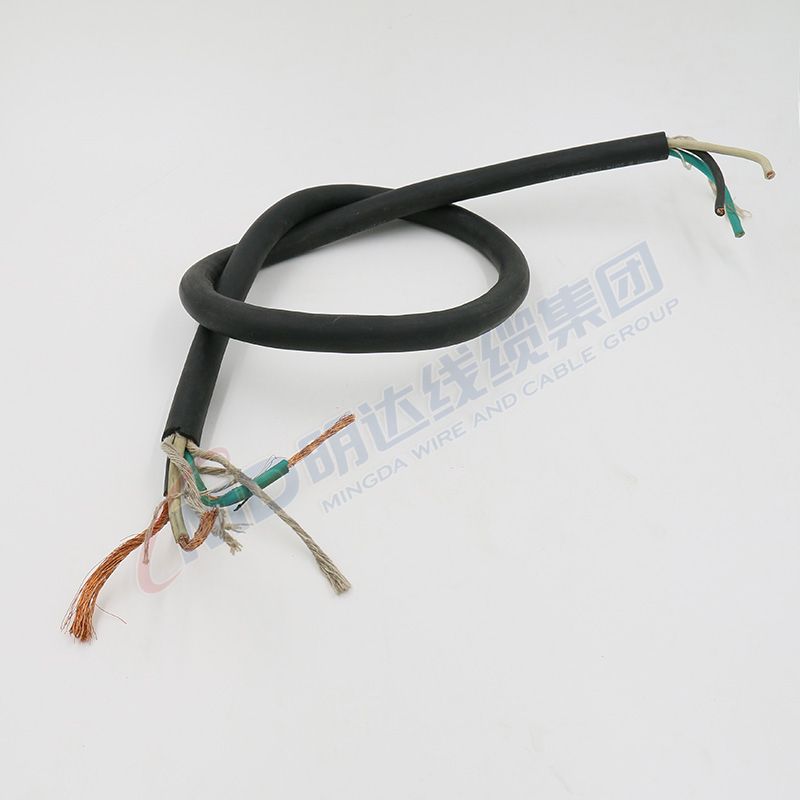9 月 . 29, 2024 00:15 Back to list
Exploring the Functionality and Benefits of Actuated Valve Systems in Industrial Applications
The Role and Importance of Actuated Valves in Modern Industry
Actuated valves are an essential component in various industries, playing a crucial role in the automation of fluid control processes. These valves are equipped with an actuator that allows for automatic operation, enabling precise control over the flow of liquids and gases. As industries increasingly rely on automation for efficiency and safety, actuated valves have become a vital part of modern systems.
What Are Actuated Valves?
An actuated valve is a valve that is operated by an external power source, typically electric, pneumatic, or hydraulic. The actuator receives a signal from a control system, which dictates the position of the valve—open or closed, or anywhere in between. This automation eliminates the need for manual intervention, making it easier to manage complex systems and contributing to enhanced operational efficiency.
Types of Actuators
There are several types of actuators used in actuated valves, each with its specific advantages and applications
1. Electric Actuators These utilize electric motors to open or close the valve. They are suitable for applications where precise control is necessary and can be easily integrated into control systems. Electric actuators are popular in situations requiring remote operation and monitoring.
2. Pneumatic Actuators Using compressed air, pneumatic actuators provide fast operation and are often used in processes requiring rapid valve cycling. Their simple design and ability to operate in a wide range of temperatures make them a favorable choice in many industrial applications.
3. Hydraulic Actuators These use hydraulic fluid to operate the valve and are ideal for high-pressure applications. They provide greater force and can handle heavier loads, making them suitable for large-scale industrial processes.
Applications of Actuated Valves
Actuated valves find applications across a diverse range of sectors, including
- Water Treatment In water treatment plants, actuated valves regulate the flow of water and chemicals, ensuring that treatment processes run smoothly and efficiently.
- Oil and Gas In the oil and gas industry, actuated valves control the flow of hydrocarbons, maintaining safety and efficiency in high-pressure and high-temperature environments
.- Chemical Processing The chemical industry often utilizes actuated valves to manage the flow of corrosive substances. The precise control offered by actuated valves is essential for maintaining product quality and ensuring safety.
actuated valve

- HVAC Systems In heating, ventilation, and air conditioning (HVAC) systems, actuated valves help regulate air and fluid flow, enhancing energy efficiency and comfort.
Benefits of Using Actuated Valves
The advantages of implementing actuated valves in industrial processes are manifold
1. Increased Efficiency Automation leads to reduced downtime and improved efficiency, allowing processes to operate smoothly without human intervention.
2. Safety With the ability to monitor and control the flow of potentially dangerous substances, actuated valves contribute to a safer working environment. They can be programmed to shut off automatically in case of an emergency, minimizing risks.
3. Precision Control Actuated valves offer precise control of flow rates, pressures, and levels, which is critical in applications where exact measurements are crucial.
4. Remote Operation Many actuated valves can be operated remotely, enabling operators to control processes from a safe distance, which is particularly important in hazardous environments.
Challenges and Considerations
Despite their many benefits, there are challenges associated with the use of actuated valves
- Maintenance Actuated valves may require regular maintenance to ensure they function correctly over time. This includes checking for wear in the actuator and ensuring that electrical or pneumatic systems are functioning properly.
- Cost The initial investment in actuated valve technology can be higher than traditional manual valves. However, this can be offset by the long-term gains in efficiency and safety.
- Complexity Integrating actuated valves into existing systems may require additional engineering and design considerations, especially in older facilities.
Conclusion
In conclusion, actuated valves represent a significant advancement in fluid control technology, providing efficiency, safety, and precision across a multitude of industrial applications. As industries continue to evolve and embrace automation, the importance of actuated valves is only set to increase. Investing in this technology will enable organizations to streamline operations, reduce risks, and ultimately enhance their competitive edge in the market. Understanding the complexities and benefits of actuated valves can empower industries to optimize their processes and harness the full potential of automation.
Share
-
Understanding the Differences Between Wafer Type Butterfly Valve and Lugged Butterfly ValveNewsOct.25,2024
-
The Efficiency of Wafer Type Butterfly Valve and Lugged Butterfly ValveNewsOct.25,2024
-
The Ultimate Guide to Industrial Swing Check Valve: Performance, Installation, and MaintenanceNewsOct.25,2024
-
Superior Performance with Industrial Swing Check Valve: The Essential Valve for Any SystemNewsOct.25,2024
-
Industrial Swing Check Valve: The Ideal Solution for Flow ControlNewsOct.25,2024
-
You Need to Know About Industrial Swing Check Valve: Functionality, Scope, and PerformanceNewsOct.25,2024